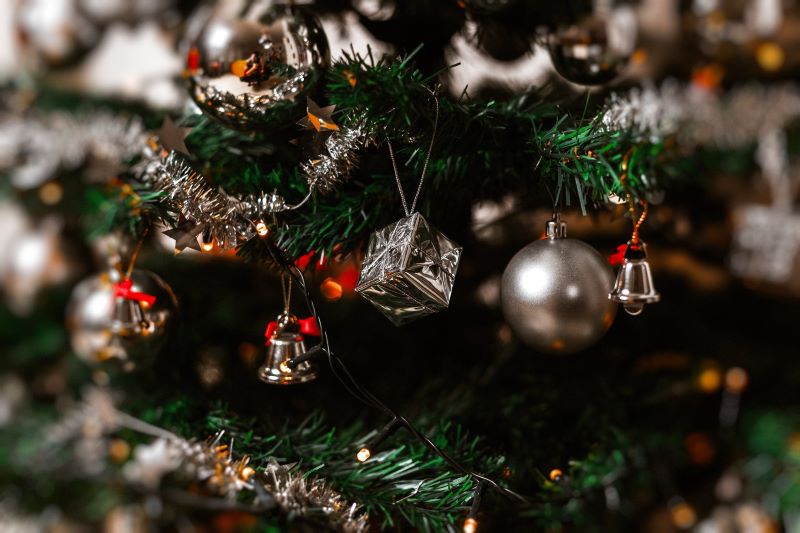15 Interesting Facts About the Twelfth Night (Holiday)
Twelfth Night, also known as Epiphany or Three Kings’ Day, is celebrated annually on January 6th. This holiday that marks the end of the 12 Days of Christmas has gained popularity across various cultures around the world, yet its origins are rooted in the Christian faith.
Here are 15 interesting facts that make Twelfth Night a fascinating holiday to learn about:
- Twelfth Night, the night before Epiphany, is also the name of Katie Price’s youngest child.
- The twelve-day winter celebration that begins on All Hallow’s Eve and concludes when the final Quality Street is devoured is known as Twelfth Night.
- Some people believe that keeping their Christmas decorations up through the Twelfth Night holiday brings bad luck to their home. Idiots, that’s what they are.
- Scholars, historians, and those participating in pub quizzes all have strong opinions on whether Twelfth Night is observed on the 5th or 6th of January.
- Old Twelfth Night (Holiday) is commemorated on the seventeenth of January in several parts of the world, most notably in the south-western region of England. Some believe it’s because it’s in the South West of England, while others point to the fact that the date was calculated using the Julian calendar.
- Wassail is the traditional British beverage for Twelfth Night, and it is produced by combining whatever alcohol is left over from Christmas and/or the contents of a variety of tiny liqueurs.
- Each Twelfth Night cast at London’s Drury Lane Theatre has been treated to a cake courtesy of the theater since 1795. But throughout the run of “My Fair Lady,” there was some controversy because it was said that Julie Andrews got a bigger cut than the rest of the cast.
- At the start of the Twelfth Night celebration, it was customary to consume a cake that contained a bean, a tradition that originated in the Middle Ages. A medieval expression for “be the first to fart” refers to whoever found the bean at a meal.
- On the evening of December 12th, or Twelfth Night, colonial Americans would take down their Christmas wreaths from their front doors and consume any edible parts. Even though most modern Americans use plastic wreaths, this tradition is still practiced by some.
- On Twelfth Night, families in some parts of Kent would eat the final remaining Christmas decoration before tearing down the tree. A melted chocolate Santa Claus hidden in the couch’s crevices is still a popular ornamentation for this purpose today.
- A custom known as “Perchtenlaufen” is practiced in the eastern Alps. A group of two hundred to three hundred young men in masks rushes through the streets with whips and bells to drive away evil spirits. Friday night, as it is commonly known in English-speaking countries.
- Shakespeare’s “Twelfth Night” is a comedic play about forgetful holiday card recipients.
- While Christians in the West honor the Magi’s visit to the Christ child, those in the East honor Christ’s baptism by John the Baptist.
- However, the majority of eastern Christians still use the Julian calendar, which is 13 days behind the Gregorian.
- In fact, Shakespeare never once used the terms “kid” or “children” in all of his plays, but Twelfth Night is the single exception.
